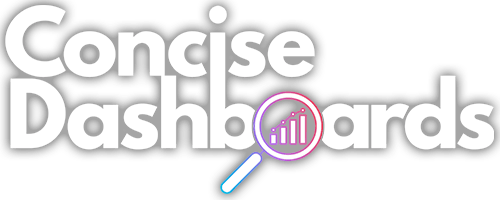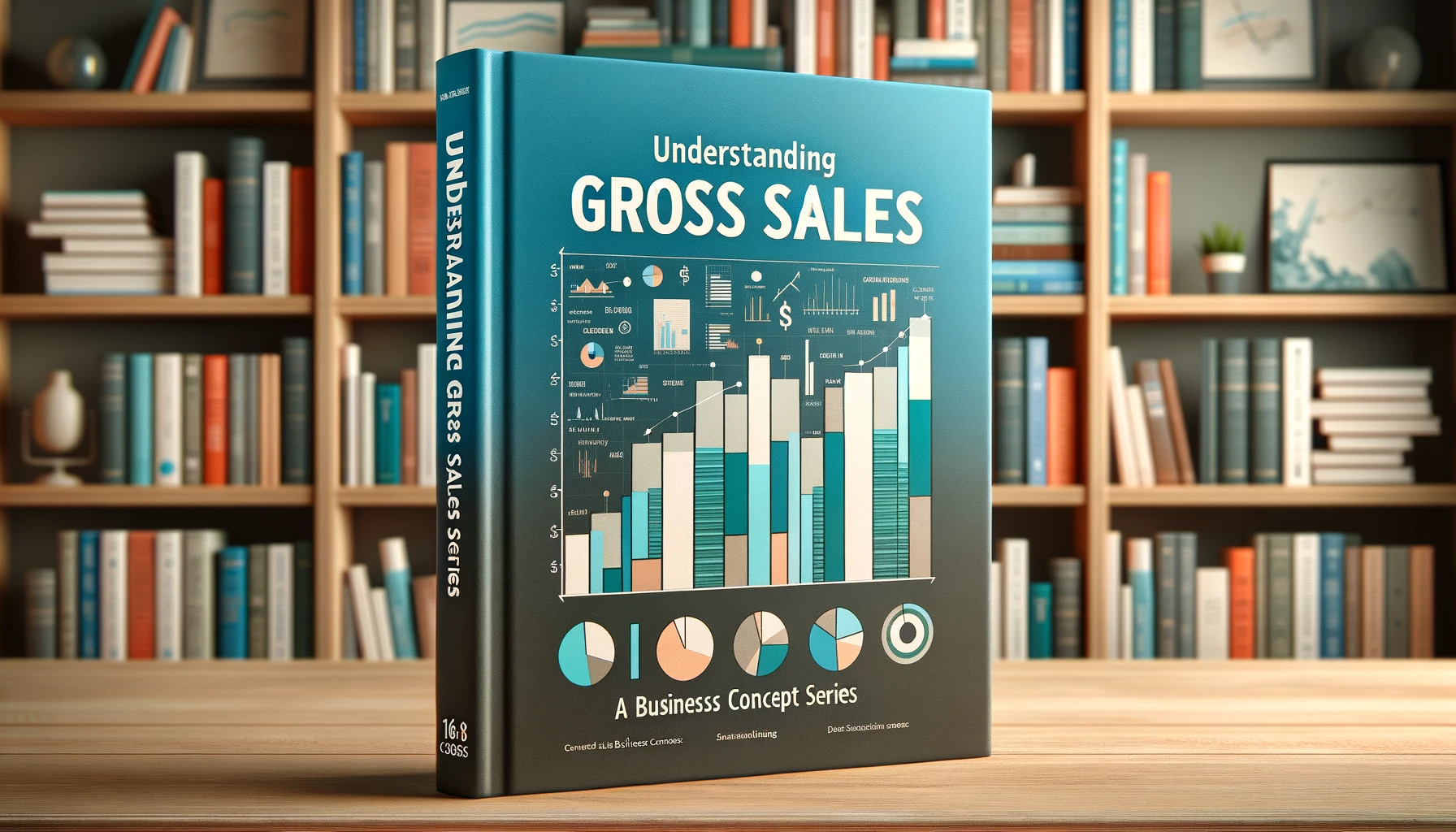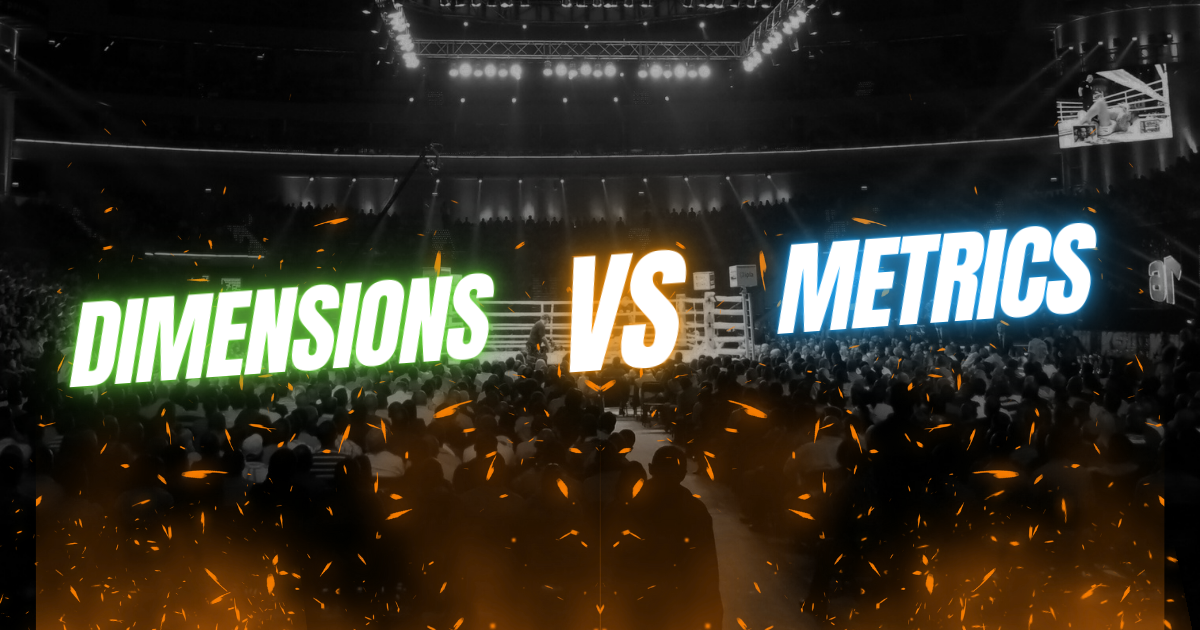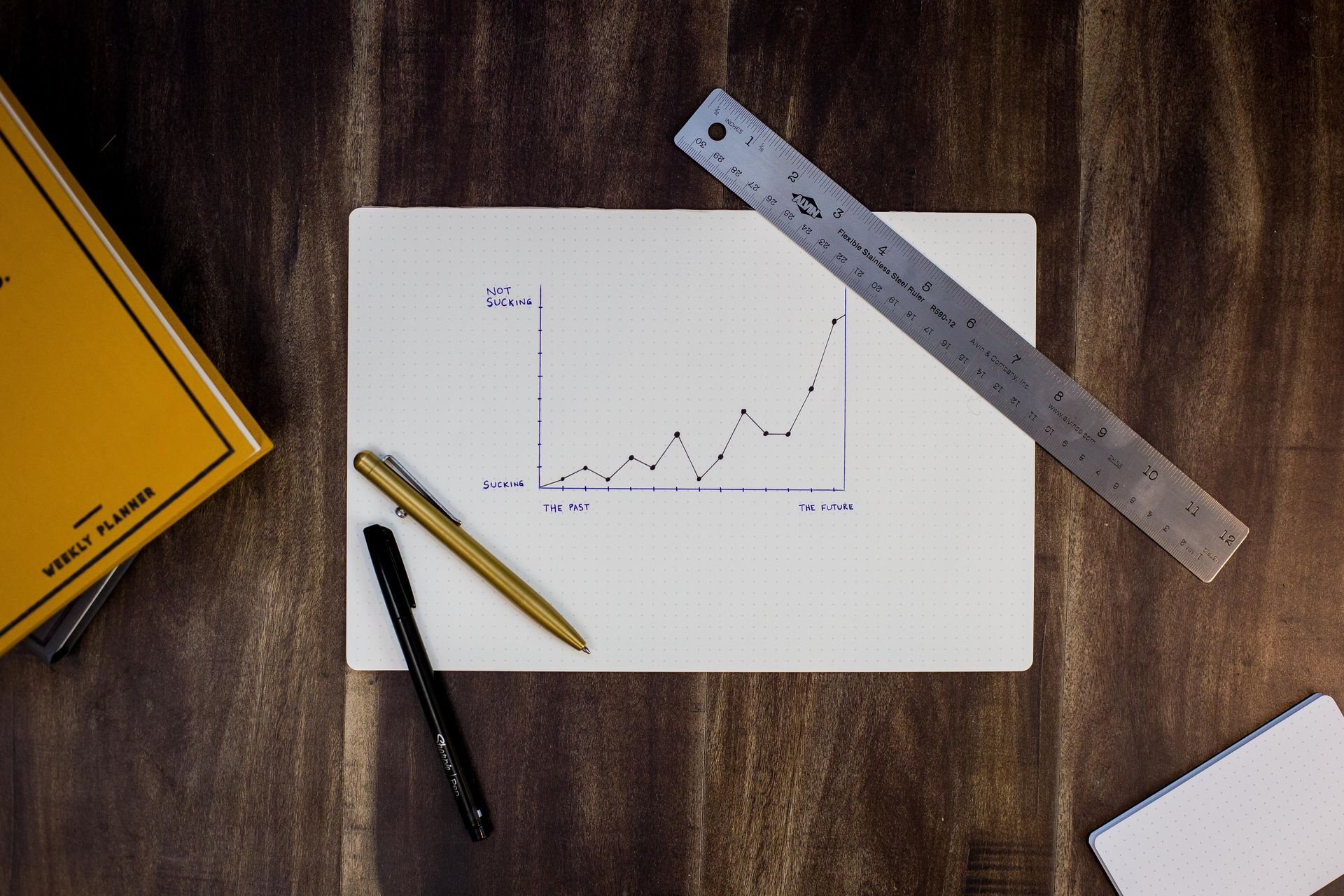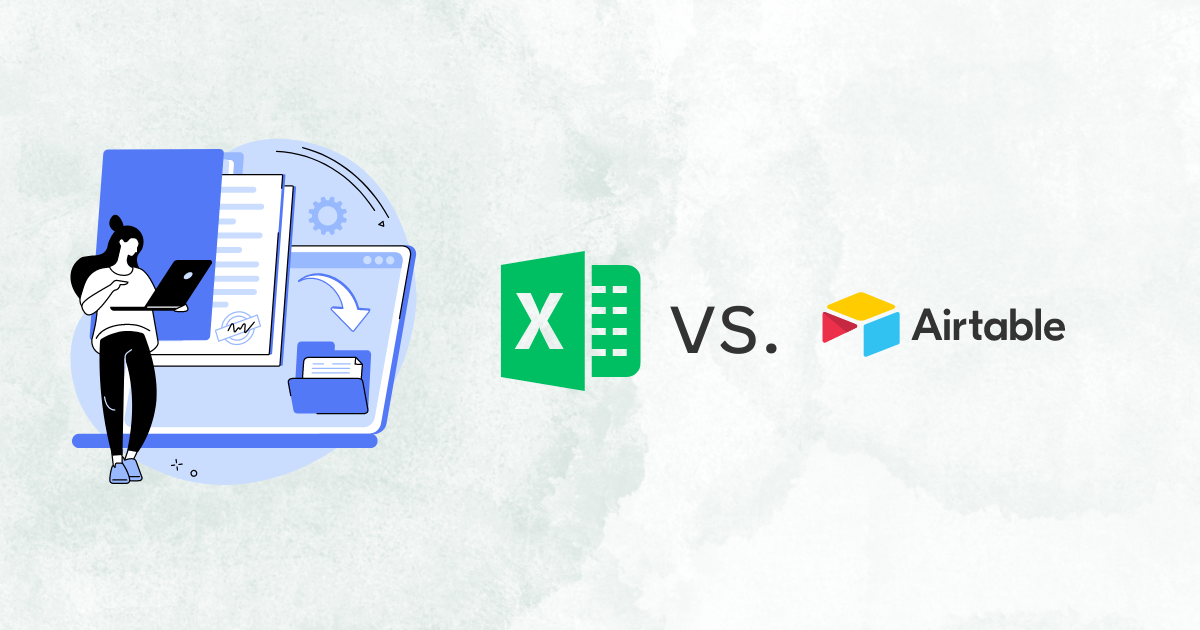How Can a Business Intelligence Dashboard Help a Business with Data Collection?
In the bustling digital marketplace, data isn't just a buzzword—it's the secret ingredient to business success. But harnessing the power of data? That's a whole different ball game. This is where a Business Intelligence Dashboard steps in, acting as the maestro conducting your data symphony.
What is a Business Intelligence Dashboard?
Think of a Business Intelligence Dashboard as your personal data concierge. It's a dynamic data visualization tool that serves up the most important metrics and key performance indicators (KPIs) on a silver platter.
These dashboards are as diverse as the businesses they serve. Whether you're a cozy bakery tracking daily sales or a global corporation monitoring operations across continents, there's a dashboard designed just for you. The magic of these dashboards lies in their adaptability—they can be tailored to focus on the KPIs that matter most to you, offering a snapshot of your business performance that's as unique as your fingerprint.
The Role of a Business Intelligence Dashboard in Data Collection
Now, let's talk about data collection. It's like the opening scene of your data story, where information from various sources is gathered to set the stage for informed decisions. While the actual collection might be a separate process, a Business Intelligence Dashboard plays a crucial role in directing and making sense of this data.
Imagine your Business Intelligence Dashboard as a control tower, providing a bird's eye view of your data landscape. It helps you identify where your data collection is hitting the mark and where it might be missing the target. It also shines a spotlight on gaps in your data, prompting you to consider other potential data sources. By offering a comprehensive view of your data, it forms an integral part of your larger data ecosystem.
Data Integration in BI Dashboards
Let's dive deeper into data integration. Picture it as a grand reunion of data from different sources into a single,
unified view. This could mean pulling data from various departments within your organization or integrating data from external sources like social media platforms, customer feedback surveys, or industry reports.
The power of a good business intelligence tool, like a custom-built dashboard, lies in its ability to seamlessly integrate this data. It acts as a bridge, connecting disparate data sources and presenting them in a coherent, unified format. This not only ensures data accuracy but also provides a more holistic view of your business performance.
Real-Time Data Tracking
In the world of business, change is the only constant. That's why real-time data tracking is so crucial. Business Intelligence Dashboards provide real-time data tracking, allowing you to monitor your business performance metrics as they happen.
This real-time insight can be a game-changer, especially during critical business events like product launches or marketing campaigns. It allows you to spot trends as they emerge, identify potential issues before they escalate, and make timely decisions. However, the effectiveness of real-time tracking largely depends on the robustness of your data infrastructure.
Successful Data Visualization
Data visualization is the art of presenting data in a graphical format. It's about transforming raw, complex data into a visual story that's easy to understand and interpret. A good business intelligence dashboard will excel in this area, offering a range of data visualization options to suit your needs.
Whether it's a bar chart showing quarterly sales or a heat map highlighting customer demographics, the right visualization can bring your data to life (just be weary of pie charts.) It can help you spot patterns, identify trends, and uncover insights that might otherwise remain hidden. In essence, data visualization is about telling a story - a story that guides you through your data, offering insights along the way.
How Business Intelligence Tools Improve Data Collection
Properly built and optimized business intelligence tools are the unsung heroes of data collection. They're like the backstage crew in a theater production, working behind the scenes to ensure everything runs smoothly. They automate the process, reducing the risk of errors and ensuring data accuracy. These tools can also analyze and interpret data, providing valuable insights that can inform business strategy.
Data Analysis - Without it Your Data are Just Numbers
Data analysis is akin to a detective's investigation, sifting through clues to uncover the truth. Business Intelligence Tools can automate this process, making it quicker and more efficient. They're like your personal data detectives, identifying patterns, spotting anomalies, and even predicting future trends, providing you with the insights you need to make informed decisions.
There's a lot that can go into data analysis, but if you're new it's important to know that keeping it simple is the way to go. To get the most out of your data, the work is done before you even start analyzing. The value of your analysis relies on the clarity of the question you're trying to answer.
Data Reporting Tools
Data reporting tools are another key feature of Business Intelligence Dashboards. They're like your data storytellers, translating complex data into clear, concise narratives. They allow you to generate detailed reports based on your data, providing a snapshot of your business performance.
These reports can be customized to focus on the metrics that matter most to you, whether it's sales revenue, customer satisfaction, or employee performance. They can be shared with stakeholders, informing decision-making and strategy. In essence, data reporting tools translate your data into actionable insights, empowering you to drive your business forward.
Where to go From Here
In the grand scheme of things, a Business Intelligence Dashboard is more than just a data visualization tool. It's a powerful ally in your data collection journey, offering a comprehensive view of your data landscape, integrating data from various sources, providing real-time tracking, and simplifying data visualization.
Coupled with the power of Business Intelligence Tools, it can transform your data collection process, making it more efficient, accurate, and insightful. So, whether you're a small business owner or a corporate leader, a Business Intelligence Dashboard can help you harness the power of data, driving your business towards success.
